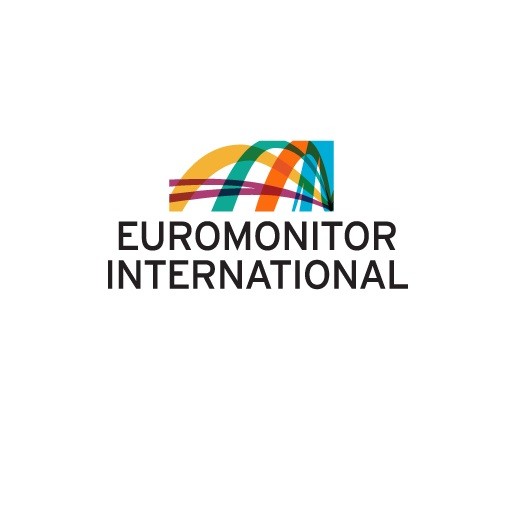Milk alternatives have already gone through a “revolution” that boosted the popularity of almond, oat and soy drinks – to name a few of the more iconic products – as the key players realised the importance of ethical consumption and went further than just addressing dietary needs. With a wider selection, labels followed in order to differentiate and to spell out one of the main selling points of milk alternatives: not being dairy. Vegan and dairy free claims are now widely used on these products and are easily recognised by both the loyal customer base and curious flexitarians.
Despite the recent buzz about processed meat and seafood alternatives, the product selections and corresponding dietary and health labels have not yet gone through the same transformation as dairy goods. Recent plant-based product breakthroughs, however, are unfolding in sometimes unexpected and “impossible” ways which makes observing ongoing developments all the more important.
Euromonitor International’s new Product Claims and Positioning system was created with this in mind, as it helps us to identify and track the most significant product claims across the FMCG space. Our first AI-powered research product leverages its e-commerce intelligence solution Via and tracks over 150 clean, ethical and dietary labels across 40 countries and 11 industries. By opening up new pathways for research, it makes a closer look on processed meat claims possible as well.
But what does the online processed meat and seafood product landscape (that also includes meat and seafood substitutes) look like in Europe? And how do vegetarian, vegan and plant-based claims differ between Western and Eastern Europe?
Looking at the largest economies in the respective regions, there is a glaring contrast between the United Kingdom and Russia, but a surprising similarity between Poland and Germany. A higher level of product claim percentage such as vegetarian indicates two things:
§ Consumers will find a wider selection of vegetarian processed meat products to choose from on the digital shelves,
§ Producers are more likely to highlight labels to attract potential customers that are consciously looking for these claims.
While product portfolio is not a clear-cut measure of actual consumption, it is a starting point for measuring growth and development of any food category.
In terms of reputation, plant-based may be shaping up to be the product claim of 2020, but in 2019 it was not a dominant product label for processed meat and seafood. Although, it has already started gaining traction in the anglosphere and consequently in the United Kingdom and Ireland, it has not quite reached the same popularity in the rest of Europe – aside from Denmark. One could argue that “na rastitel'noy osnove” or “pflanzlich” does not quite have the same ring to it as plant-based does, but the anglosphere coincidentally happens to be more agile when it comes to adopting food innovations and dietary trends.
Speaking of innovation, the other side of the coin is tradition which is still a prevalent trend in most parts of Eastern Europe. Governments often promote meat consumption (which is increasing on a per capita basis), but there are still avenues for meat substitutes to grow simultaneously by addressing price sensitivity and focusing on unique product strengths. Highlighting substitution may also work, especially if it is targeted towards the religious traditions of fasting and lent.
All in all, the importance of product claims is demonstrated by their power to shape the competitive market as consumer consciousness for any given label grows. Standards for these labels will develop further, producers will adapt and Euromonitor will be examining and analysing these changes to provide the latest insights on claims developments in the FMCG world.
Source: Euromonitor International
Euromonitor, Roland Szaki, Analyst at Euromonitor International








